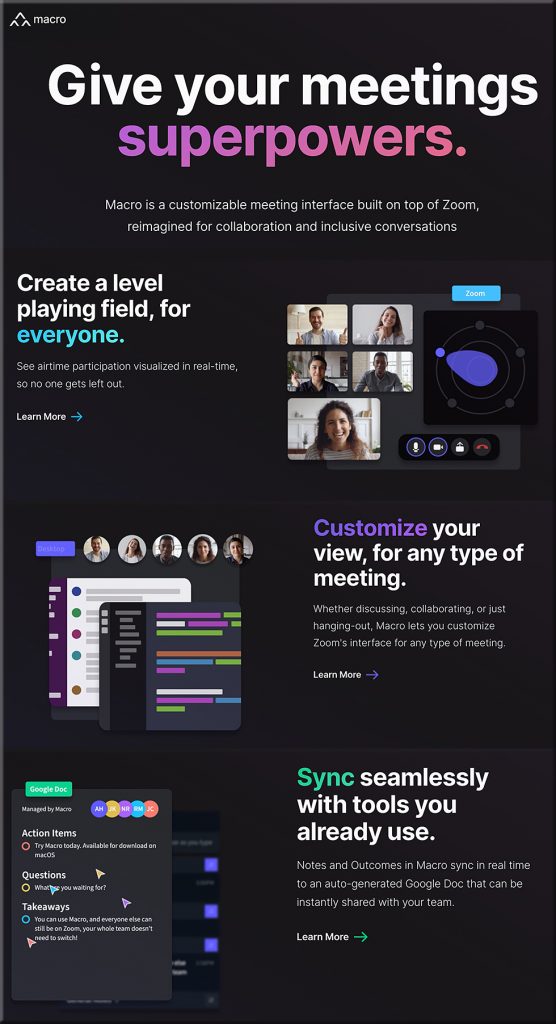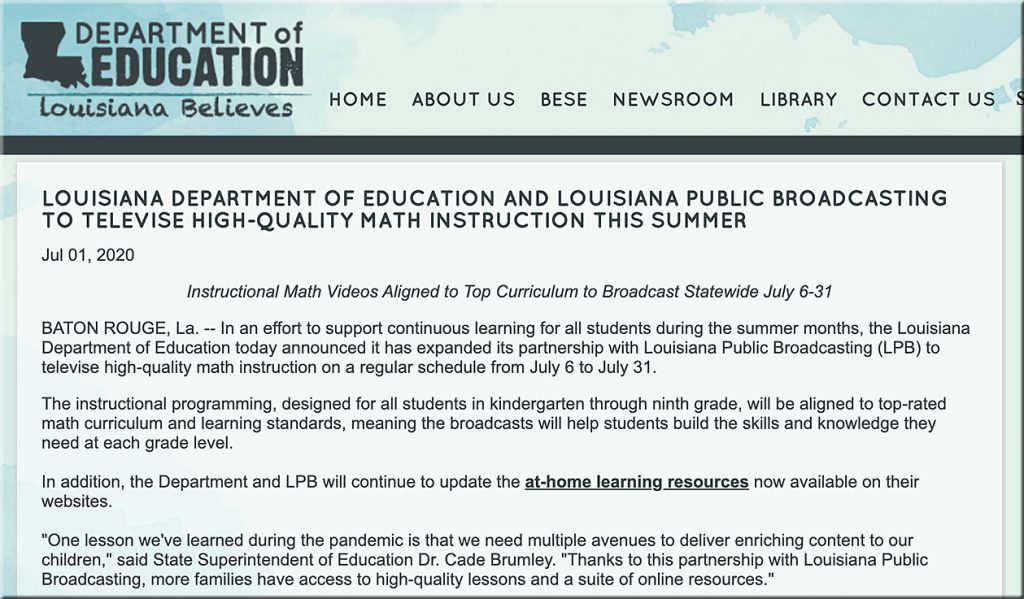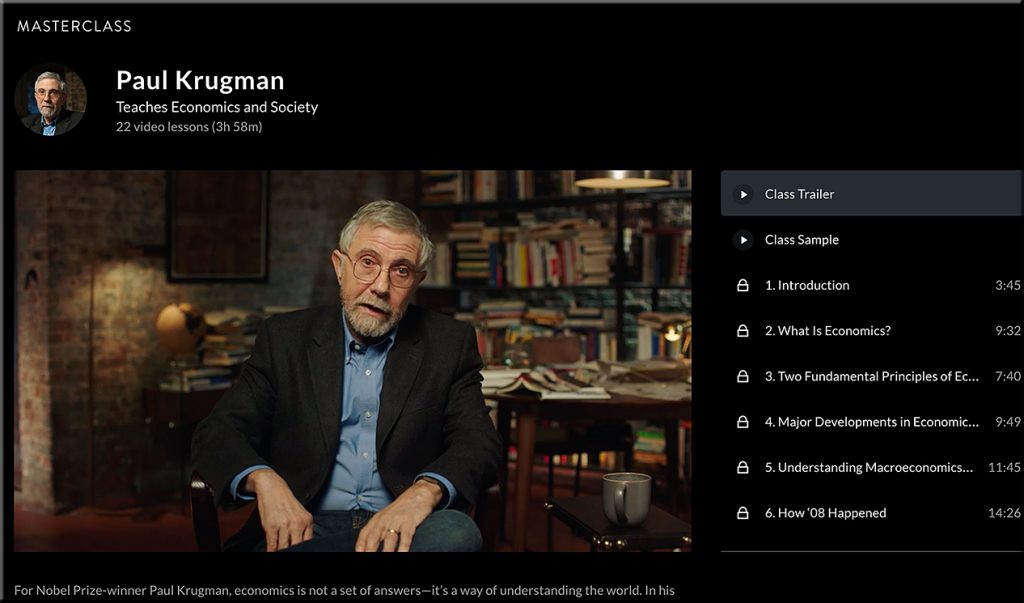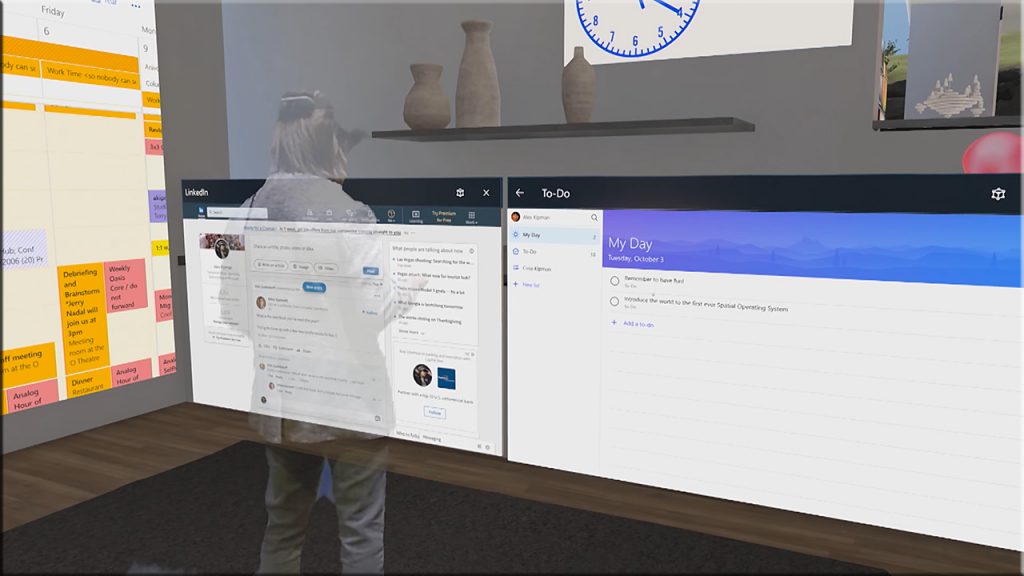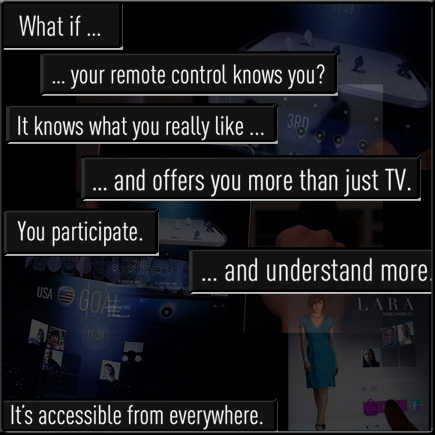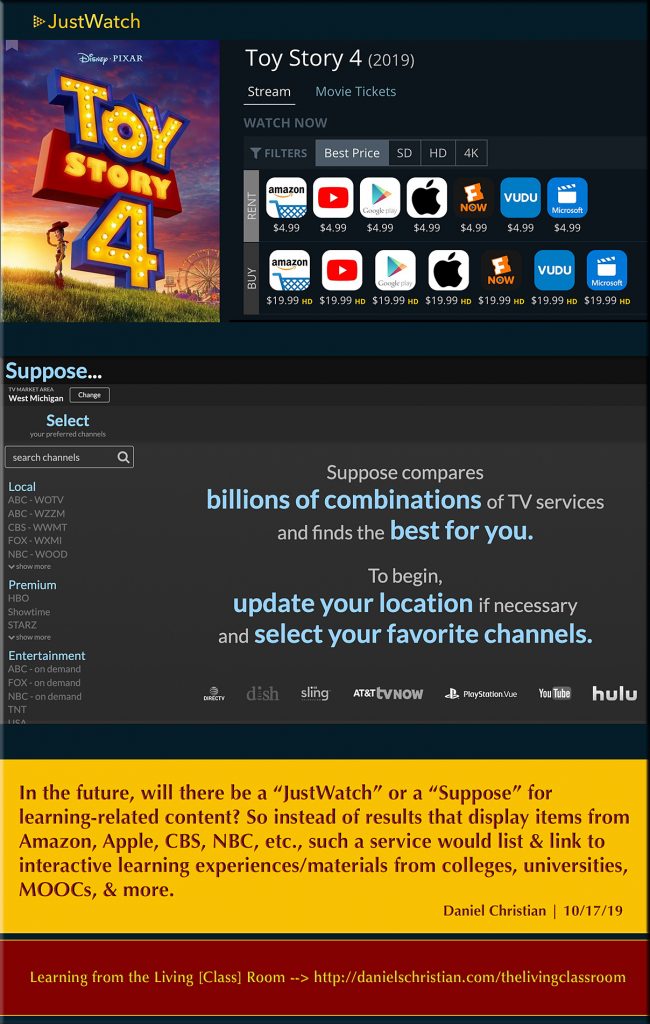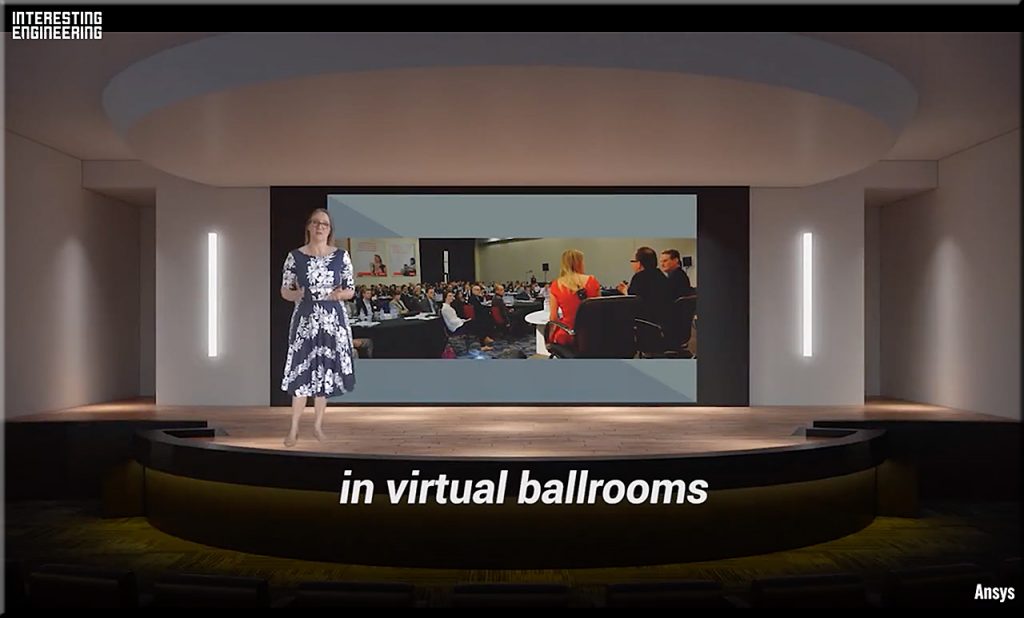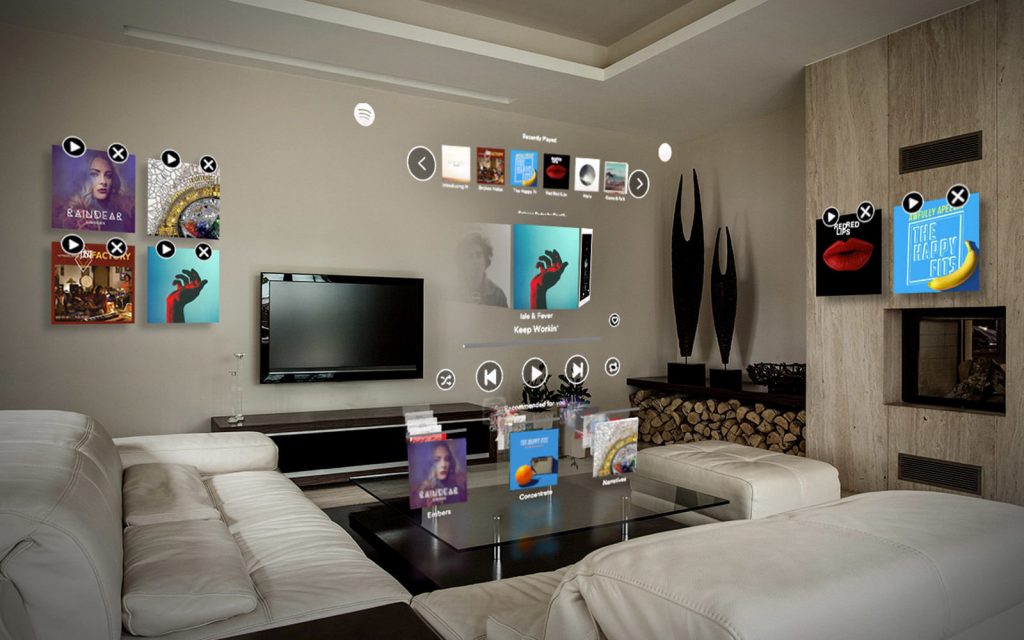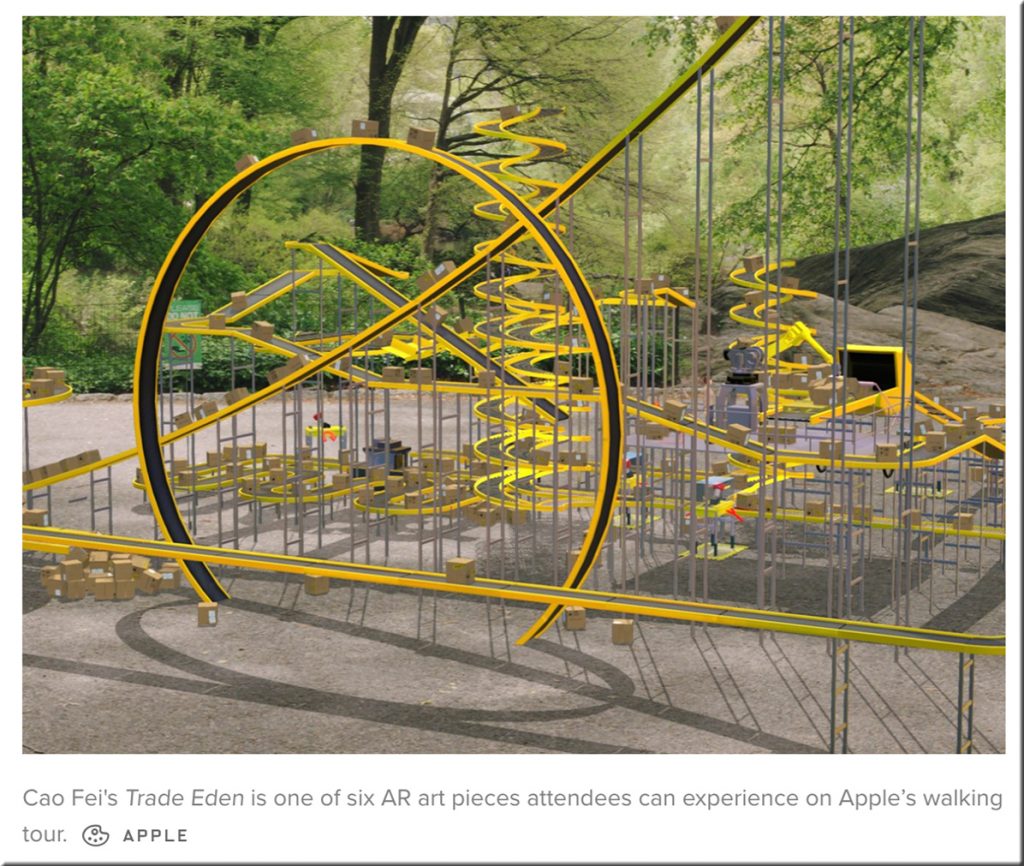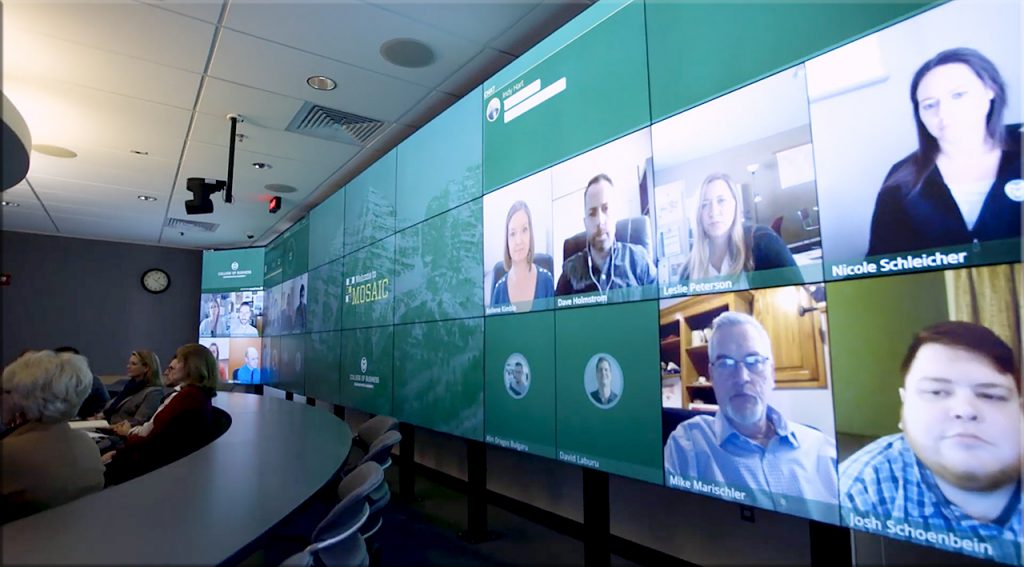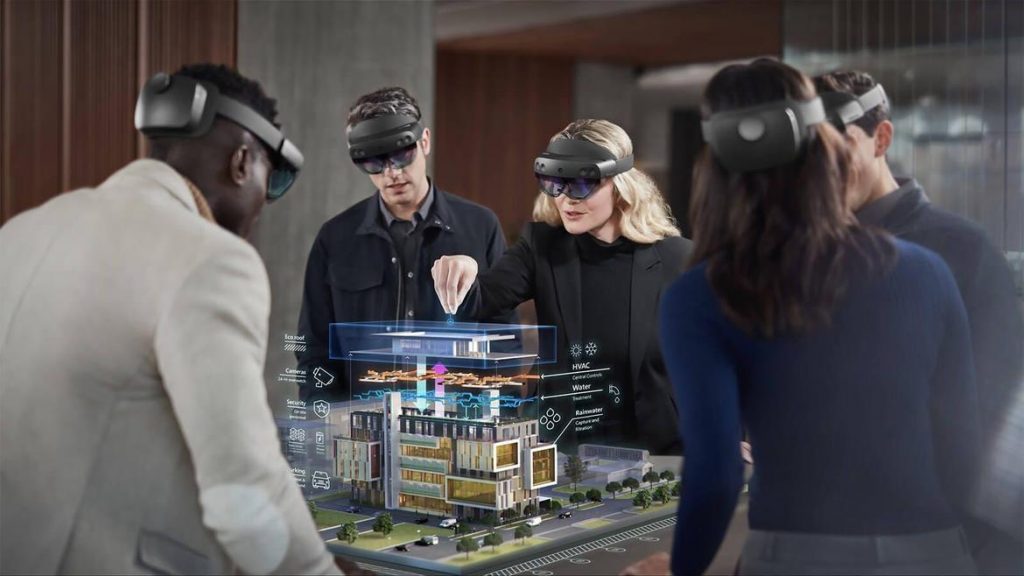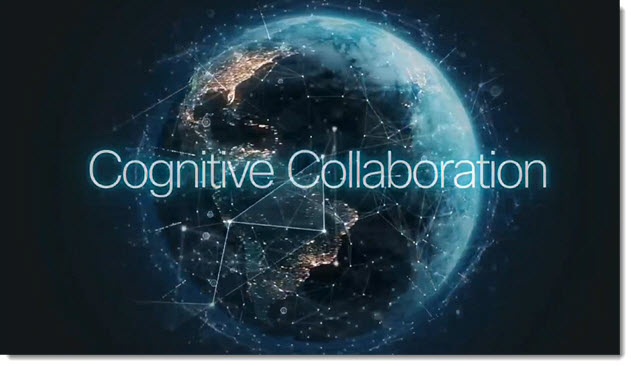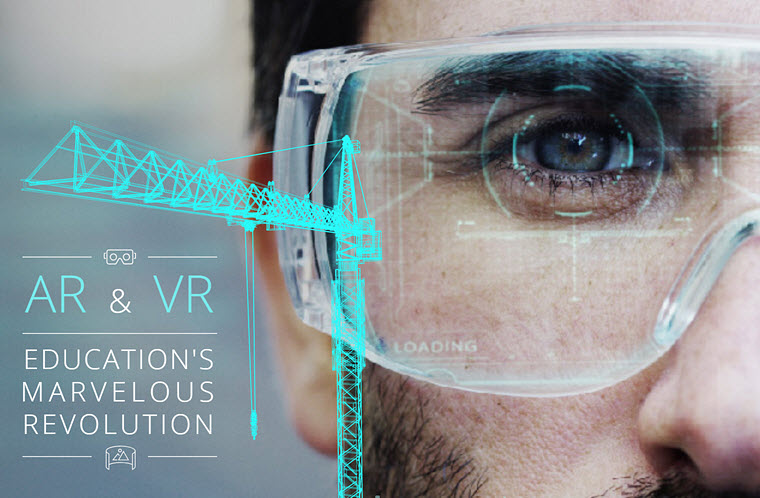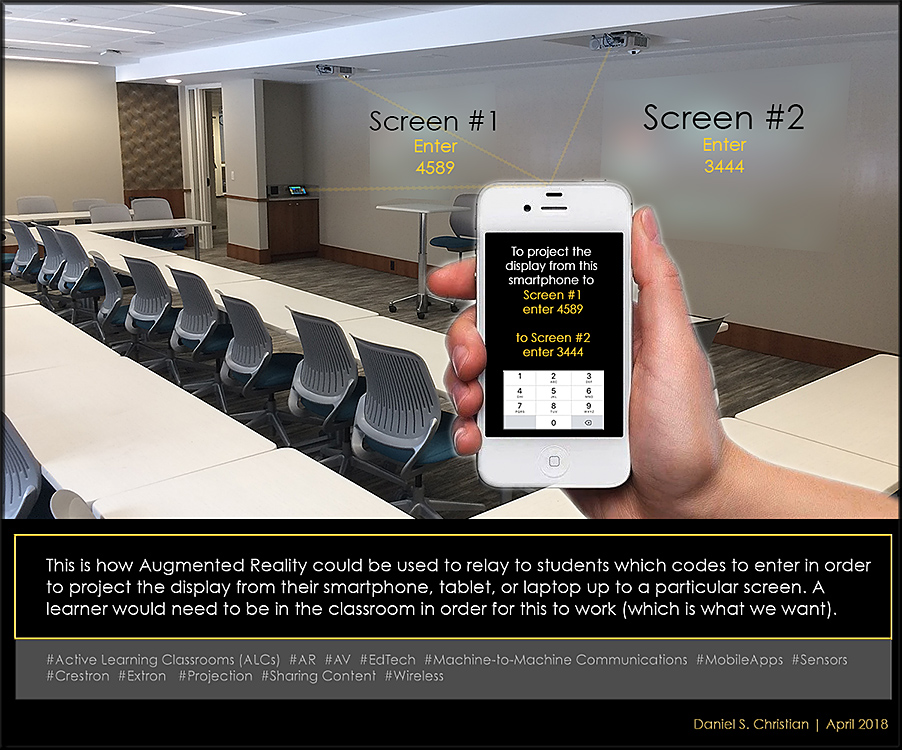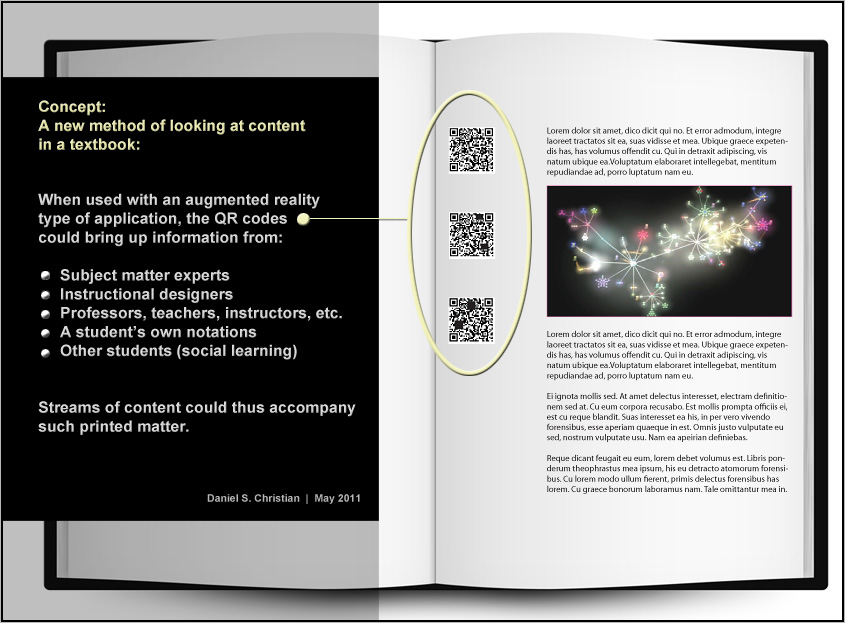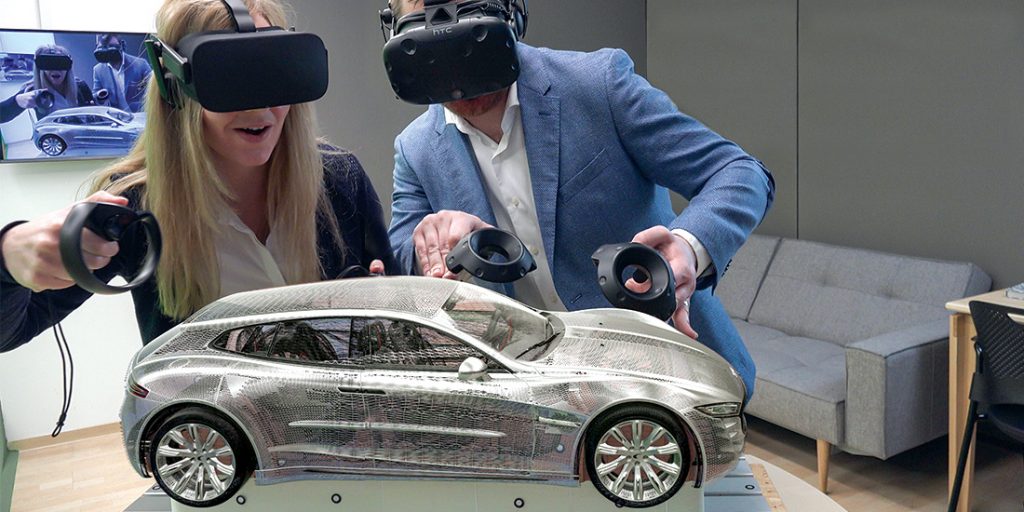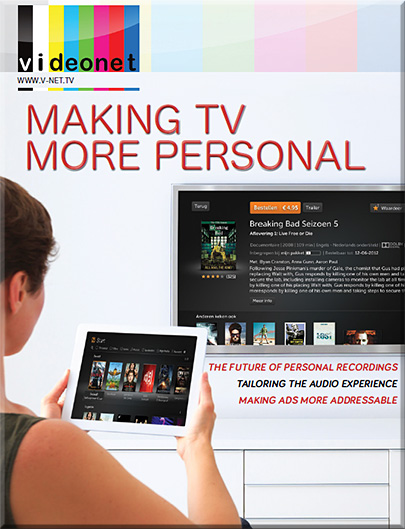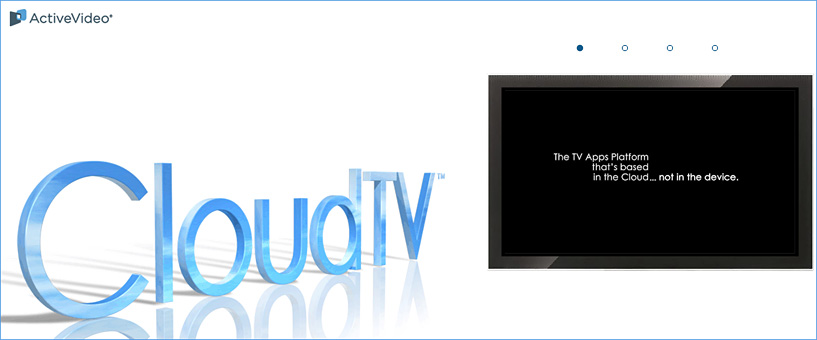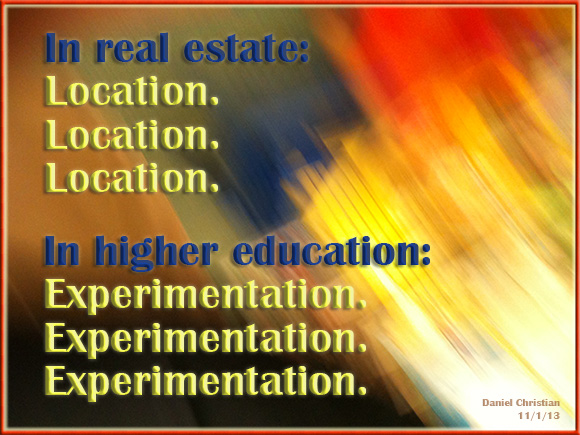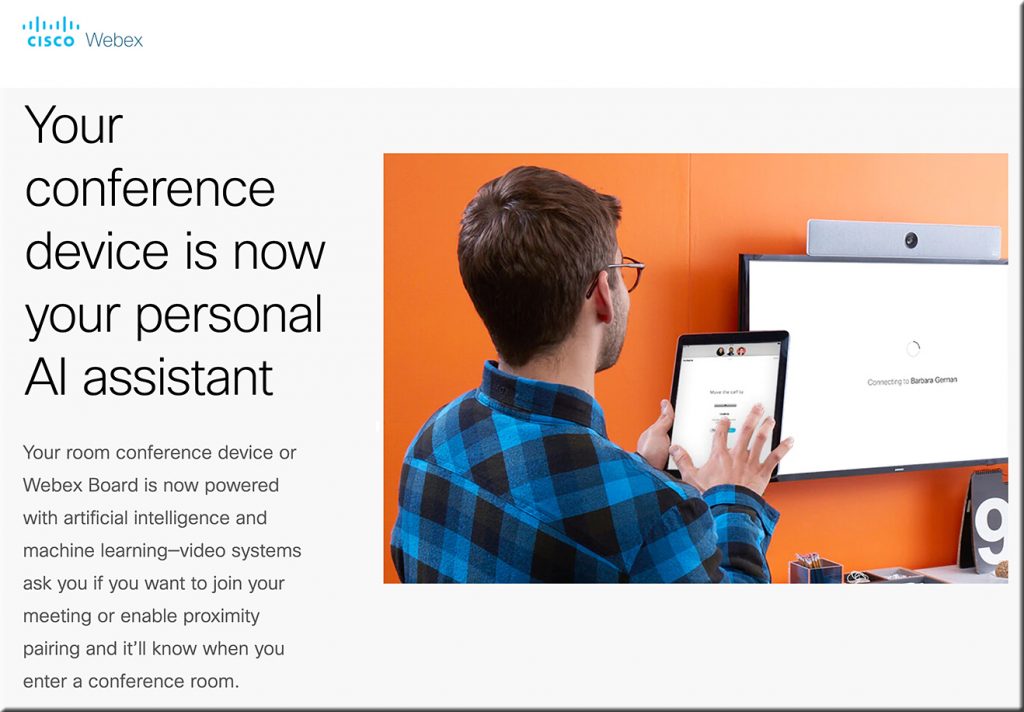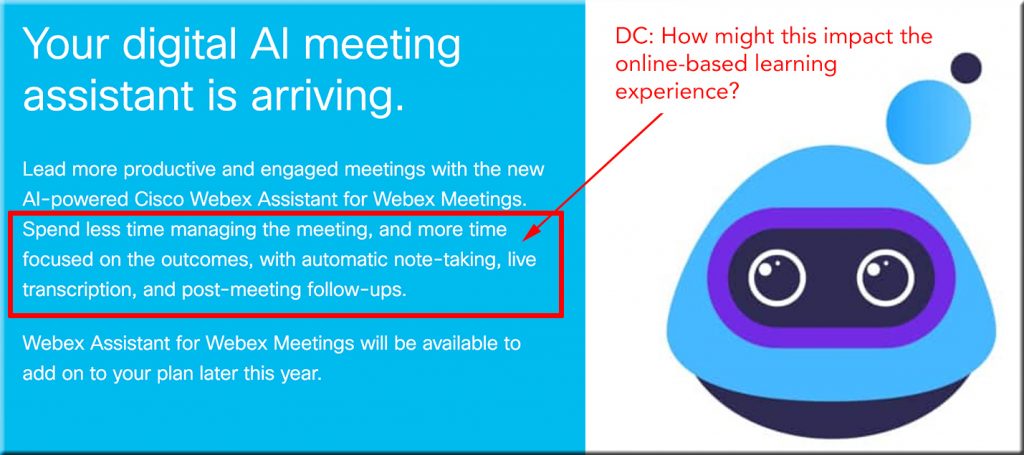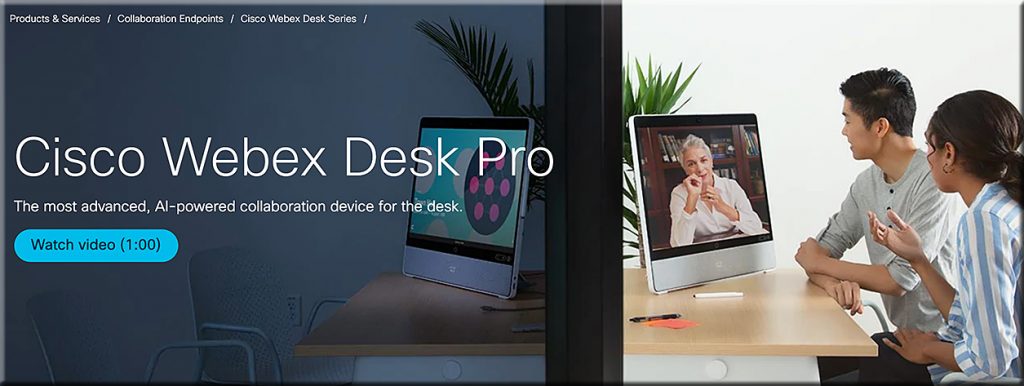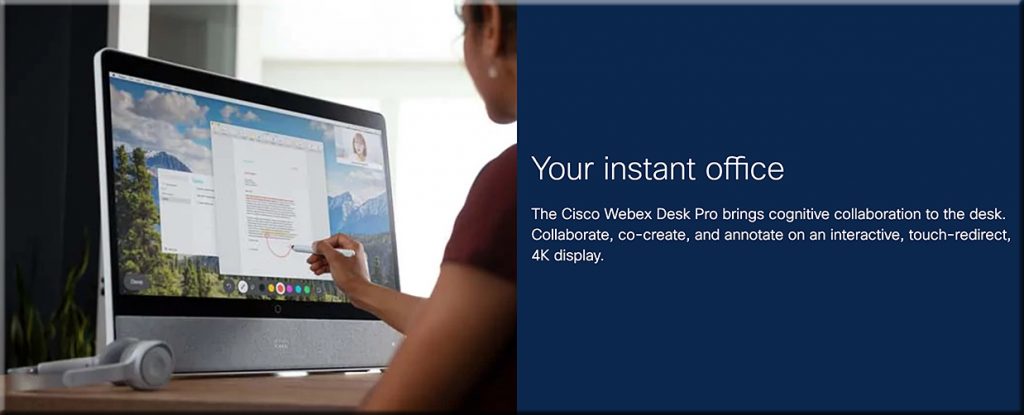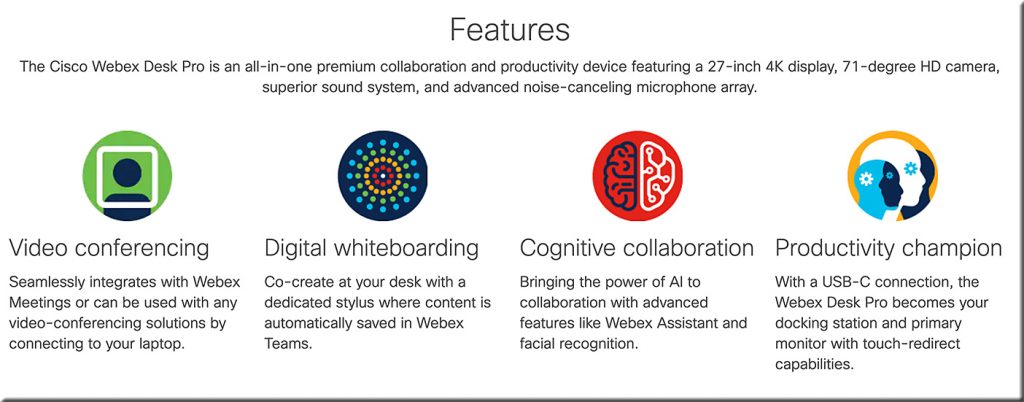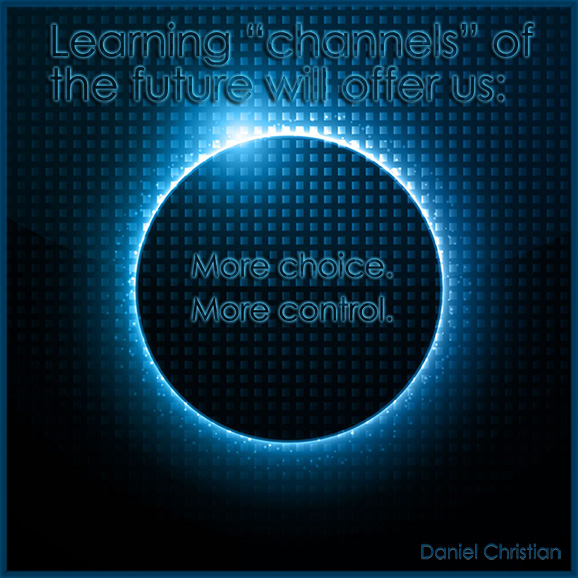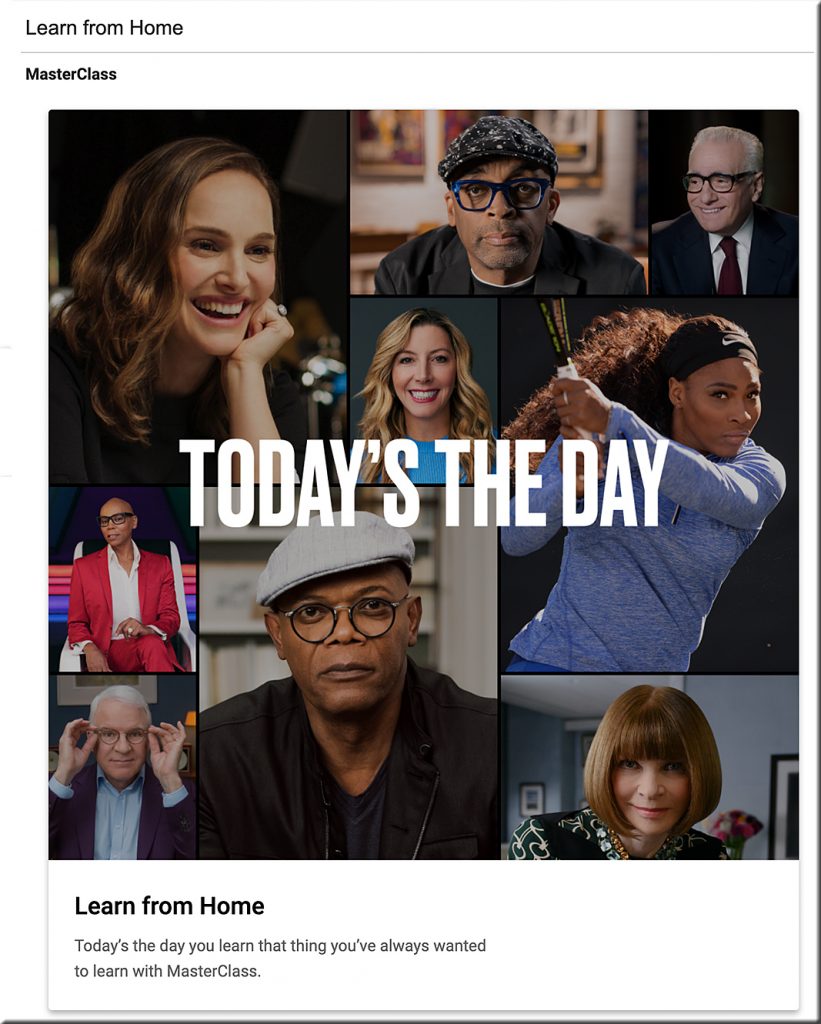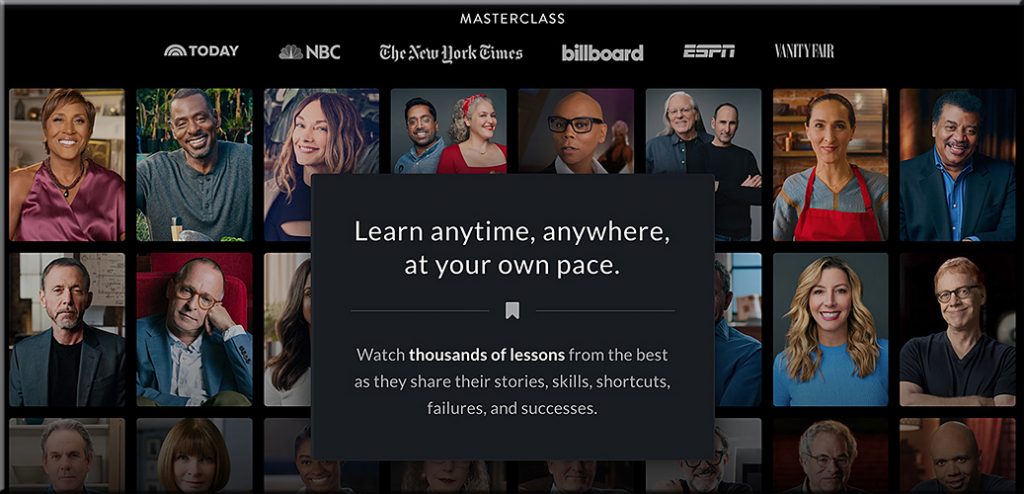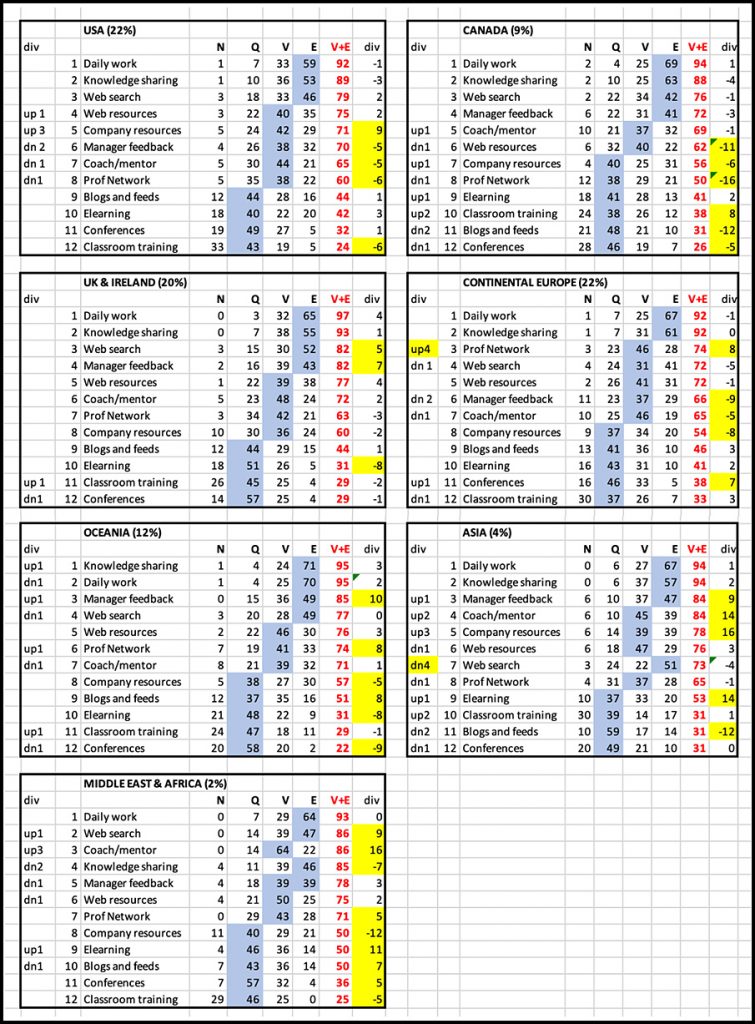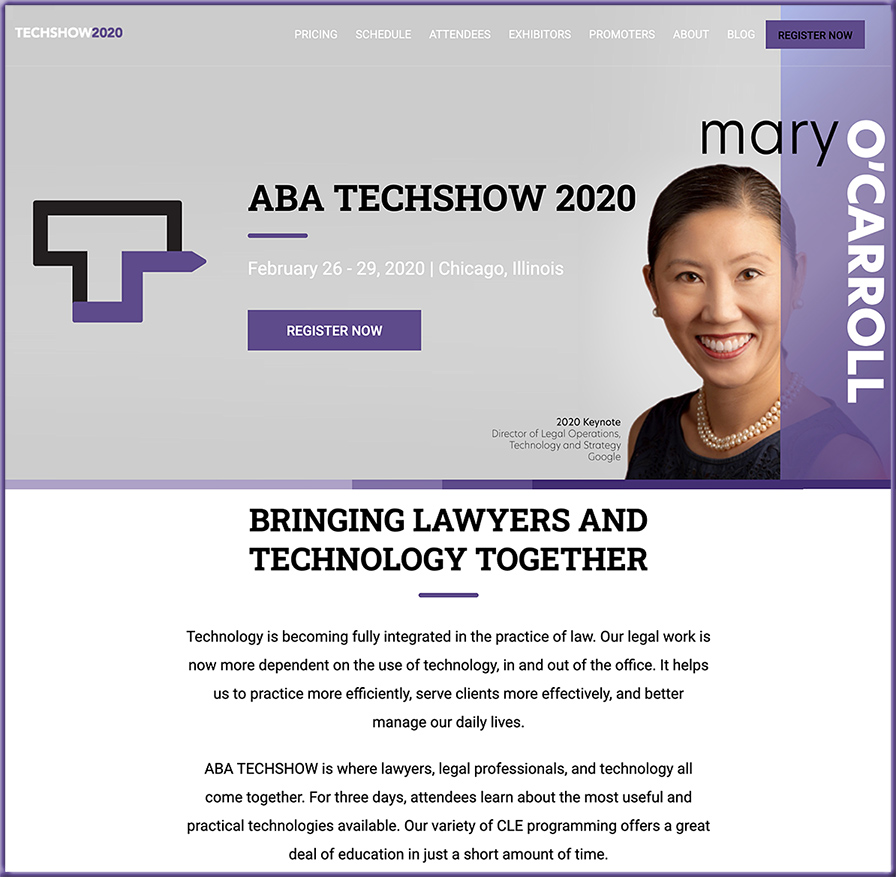From DSC:
After reading Jeff Young’s article re: learning engineering and seeing the Nudge application from Duke University...it once again occurred to me that we really need a standard for loading questions into a memory-refreshing application. Just like HyperText Markup Language (HTML) made the World Wide Web so successful and impactful, we need an easy-to-use standard for dumping questions into a personalized database of questions for each cloud-based learner profile.
After taking a module, you would be asked if you wanted to be reminded of / quizzed upon the key ideas presented therein. You would then receive periodic quizzes on those items. You can choose to opt-out of that learning module’s content at any time.
Such an application would help reduce the impact of the Ebbinghaus Forgetting Curve. This type of standard/feature would really help students and people in:
- law schools, dental schools, medical schools, and seminaries
- vocational programs
- traditional undergraduate and graduate programs
- K-12 systems
- Homeschooling-based situations
- Places of worship
- Communities of practice — as well as lifelong learners
A person could invoke a quiz at any point, but would be quizzed at least once a day. If you missed a day, those questions would not be taken out of the pool of questions to ask you. If you got a question right, the time interval would be lengthened before you were asked that question again. But questions that you struggled with would be asked more frequently. This would also help interleave questions and aid in recall. Such spaced repetition would cause struggle from time to time, aiding in deeper learning.









